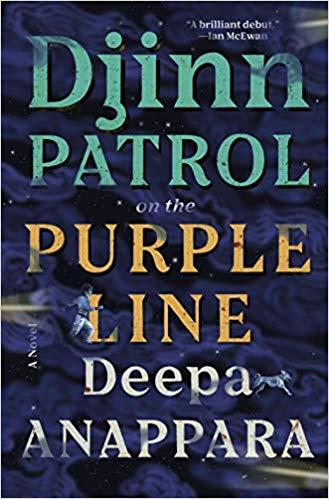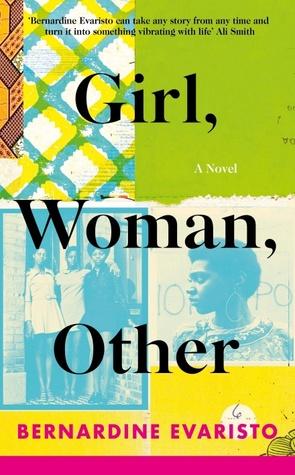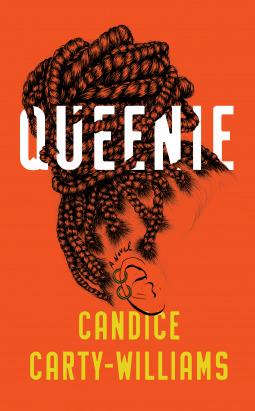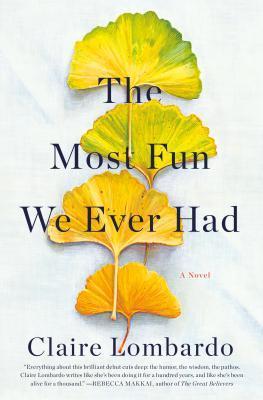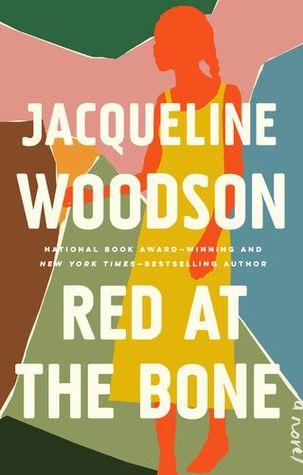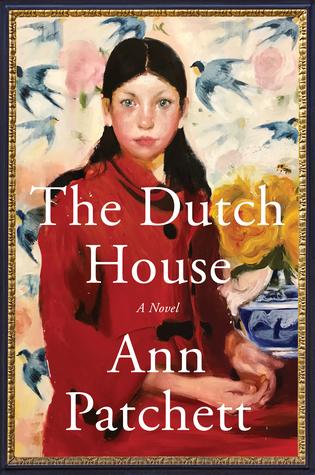Every year I put a lot of Women’s Prize nominees on my TBR list. Early in the calendar year, the Women’s Prize announces its longlist of 16 books. These are books written by women and published in the previous year. They must be written in English but they can be from any part of the world. In April, the Prize narrows down to a shortlist of six books, and then in June they announce a winner. This year, the prize determination has been postponed to September due to the pandemic.
I’m not always happy with the decisions on the shortlist or the winner, but I find a lot of great books by reading from the longlist. I also appreciate that the Prize has become more diverse in recent years, covering books from countries other than the U.K. and the U.S. Previous winners I loved include Home Fire, An American Marriage, The Power, and The Glorious Heresies. There are a couple I started but didn’t finish, like May We Be Forgiven and How to be both.
Here is this year’s longlist:
- Djinn Patrol on the Purple Line by Deepa Anappara
- Fleishman is in Trouble by Taffy Brodesser-Akner
- Queenie by Candice Carty-Williams
- Dominicana by Angie Cruz (shortlist)
- Actress by Anne Enright
- Girl, Woman, Other by Bernardine Evaristo (shortlist)
- Nightingale Point by Luan Goldie
- A Thousand Ships by Natalie Haynes (shortlist)
- How We Disappeared by Jing-Jing Lee
- The Most Fun We Ever Had by Claire Lombardo
- The Mirror and the Light by Hilary Mantel (shortlist)
- Girl by Edna O’ Brien
- Hamnet by Maggie O’ Farrell (shortlist)
- Weather by Jenny Offill (shortlist)
- The Dutch House by Ann Patchett
- Red at the Bone by Jacqueline Woodson
I’ve read six of these books, and of those only one made it to the shortlist (Booker award winner Girl, Woman, Other). So five of the books I read won’t have a chance of winning, but I thought I’d share my thoughts on each of them.
Girl, Woman, Other: This is a book written in a style I’m seeing a lot of these days – a loosely connected set of stories where the characters are connected across stories in some, often minor, way. This book introduces a lot of interesting characters and concepts, focusing on the lives of black women living in the London area. Some of the stories are told from the point of view of a daughter, and then her mother, so it’s also very much a book about family relationships. The women in these stories come from different places and have very different issues and life experiences, which kept it really interesting (compare this book to Disappearing Earth, which felt repetitive). A few stories fell a little flat but most of the characters were sympathetic and layered, and I found myself really interested in how they might pop up in the next chapter.
Djinn Patrol on the Purple Line: I loved this book. For one thing, I really like books told from a child’s point of view. Don’t be put off by the strange title, this is a moving book and one you won’t want to put down. It’s not about djinns or anything paranormal. It’s about a poor community in India where children have started to go missing, but the police won’t take any action. A young boy decides to investigate, after one of his friends disappears. Because people are afraid and ignored by the authorities, the community begins to blame Muslim families, even though there’s no evidence to suggest it. My description isn’t very good but this is definitely worth a read.
Queenie: This book is funny, moving, and incisive. It took a little while to get into, because the title character makes such horrible decisions, and she’s so willfully obtuse, it’s hard to feel sympathetic at times. But I did come to like Queenie – a lot. This is the kind of award-nominee I love – it seems light but isn’t at all. Most interesting was the interplay between Queenie and her mother and grandmother – when Queenie decides to seek professional help to address some of her problems, her Jamaican family has some very strong feelings about therapy.
The Dutch House: I loved this book too, though part of that might be due to Tom Hanks’ excellent narration. I really need to read more Ann Patchett. This is such a thoughtful family drama. It doesn’t break new ground, but addresses a lot of really interesting themes and it’s a fascinating story about family relationships.
The Most Fun We Ever Had: Like The Dutch House, this is a family drama that covers many years and focuses on the relationships among four sisters and their parents. The interesting thing about this book is that unlike most family sagas, the parents are caring and attentive, and love each other and their kids deeply. This is the story that tells you that even really good parents can have screwed up kids, and kids that grow up with lots of advantages can still go down the wrong path. The writing is really strong, which is evidenced by the fact that this story is told from many different perspectives and cover a wide time frame, yet it’s almost never confusing. I found all of the characters sympathetic, even when they are terrible to each other.
Red at the Bone: This was a beautifully written story about three generations in a black family in Brooklyn. A sixteen year old girl, Melody, is preparing for her coming of age ceremony. Her parents and grandparents each tell the story of her birth from different perspectives. It’s a moving story that is very thoughtful about race, sexuality, and parenthood. I listened to it on audio, but I feel like it would benefit from a re-read, especially right now as we’re thinking so much about racial issues. The only downside is that it’s a short book, so you can’t get to know these characters as much as you’d like.
Weather: I started Weather and hated it. There’s no story, just rambling, pretentious-sounding observations. I didn’t get it.
I really want to read Maggie O’Farrell’s Hamnet, I just haven’t been able to get it yet. How We Disappeared also looks really good.
Have you read any of the books on the Women’s Prize longlist? Do you have an opinion about which book should win the Prize in September?
